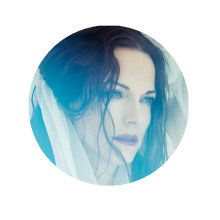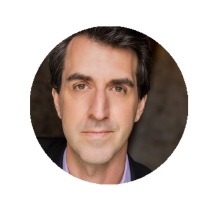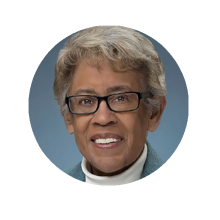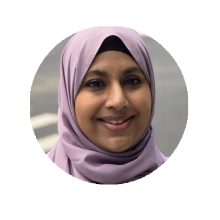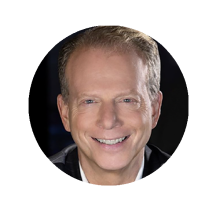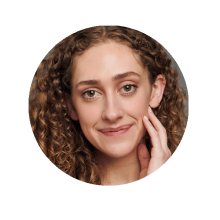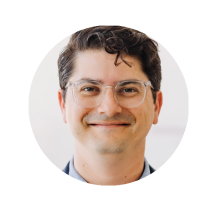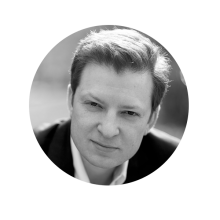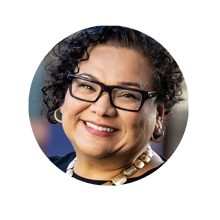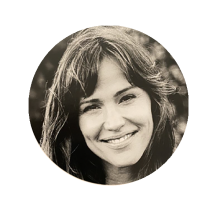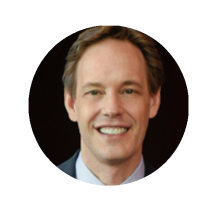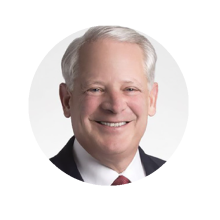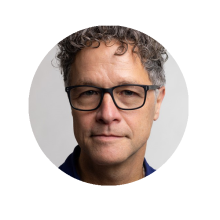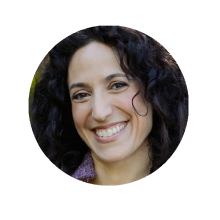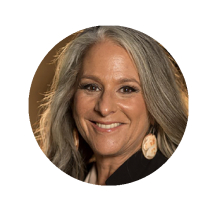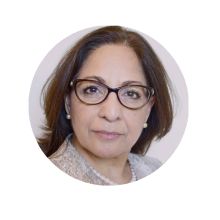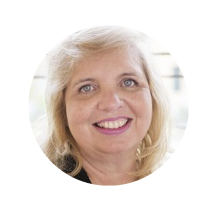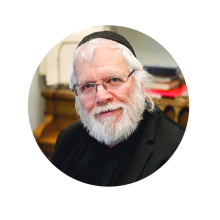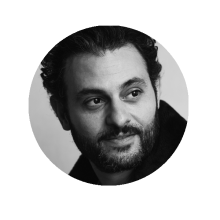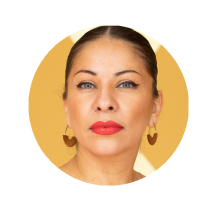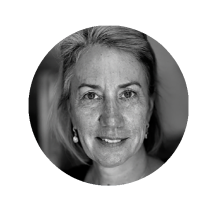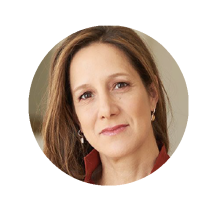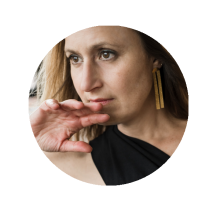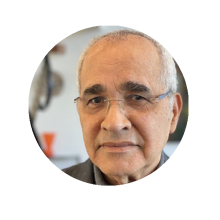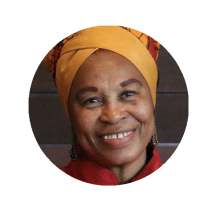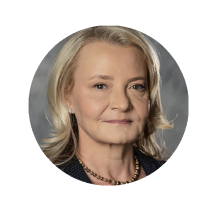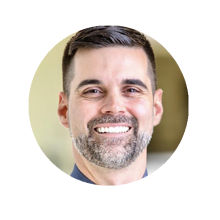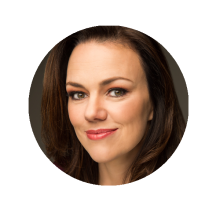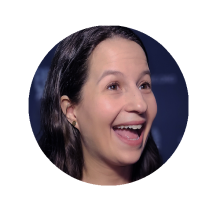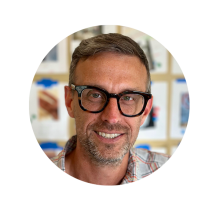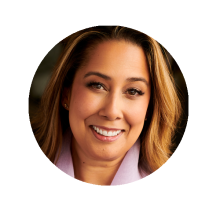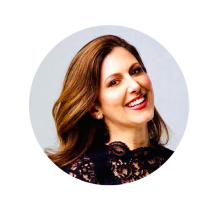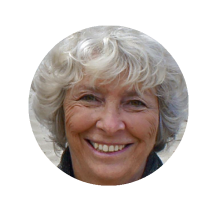Spokespeople
Spokespeople
“Music offers us a direct pathway to our shared humanity. As a child, raised in a Northern Israeli Kibbutz, I was practicing Bach’s solo cello Suites while the sound of the Muezzin singing the Muslim call to prayer in the nearby Arab village flowed through the window overlooking the Jordan Valley. In the afternoons, my parents would play Argentinian Tangos and French Chanson. It all became music to me – magical and beautiful. In our increasingly polarized American society, where many are surrounded by their insulated social media bubble, music has the visceral, instinctual power to unite and bring us closer to each other. I have dedicated my artistic life to make it a reality. Now, more than ever, we all need to be soldiers of love.”
“To be an artist right now is to bear an enormous responsibility. When communication breaks down between people, between cultures, between ideologies, it is art that can best bridge that divide. When the head rejects the language of logic, of compassion, of compromise, the heart will hear what art has to say, the language of commonality, of resonance, of connection. It is my honor to bear that responsibility, to speak in a language that hopes to unify and connect. This is the language artists understand, and this is the language I am proud to speak.”
“When I grew up in Baltimore during segregation, I knew what it was like to be undervalued as a person and to have limited opportunities. When I became familiar with the arts and humanities, I encountered new worlds of creative accomplishment and the fact that globally and throughout history all people have value and all cultures have merit.”
“The arts and humanities provide the architectural foundation in engineering a bridge that permits people from diverse backgrounds to reach out to one another on the common ground that roots understanding, empathy and humanity. In the literary world, words have the tremendous power to impact unity, so write and unite.”
“Throughout the history of the world and our country, the arts and the humanities have held and continue to hold the power and possibility to bring people together by enlightening, educating and changing hearts and minds. Artists for Understanding’s mission to combat hate in all its forms could not be more crucially important at this current moment in time when we must all do whatever we can to support this urgent mission to recognize and validate each other’s humanity.”
“We live in a precarious and divided world. And still, we find ways to acknowledge, cope, mend, and connect with one another. Though our efforts will require both urgent actions and a lifetime’s worth of reflections, we can struggle together to find ways to use our art to bear witness in small and big ways every day; envision and build a more just and healing future; and honor 'connected differences' toward expanding forms of belonging.”
“Storytelling through art lets us step outside ourselves and our moment to engage possibility and even contradictory ideas in ways that challenge but don’t threaten. Art can open us to our world and each other in pleasurable ways, with laughter and emotion. I know of nothing more effective.”
“Through the arts and humanities, communities can express their values, experiences, and perspectives, fostering understanding among individuals and highlighting shared humanity. When individuals engage with the arts, they connect with something greater than themselves, creating a sense of unity and belonging. The arts serve as a bridge that brings people together, promoting dialogue, empathy, and collective action against hate and discrimination.”
“Over the years, I have developed a profound appreciation for the transformative power of the arts to heal, foster understanding, and cultivate community. From West Virginia to California, I have witnessed how the arts can help us bridge difference, face fear, and counter hatred. As an actress, I embrace empathy to connect with the characters I play, the stories I tell, and the communities I serve. It is an honor to support Artists for Understanding to champion art's ability to foster deep connections for diverse communities across the U.S.”
“Throughout my life, opera and song have saved me again and again by opening up perspective, dialogue, empathy and understanding. It’s why I continue to pursue this mad career: possibility and community through music. After my father’s suicide when I was 10, music was there for me. Through the AIDS crisis and coming out, it was there for me. Through peace, war and social unrest, it is there for me – there for all of us – to help us find our own voice in the midst of a chorus.”
“As a Member of Congress, I devoted myself to utilizing the political process to combat anti-Semitism and all forms of hate. But the issue requires more than politics. We need all the tools in our toolbox. I’ve learned personally that creativity is a vital platform to encouraging citizens to consider their own roles in standing up to intolerance. There’s an old saying in politics: ‘you have to meet voters where they are.’ Arts and culture are particularly powerful vehicles to achieve that goal. That’s why I support Artists for Understanding.”
“We delight in uniqueness and difference in the arts and culture – we want more, rather than less. We rejoice in this variety in what we listen to in our playlists, what we look at in our museums, what we order from menus, how we dance and our media streams . It is a proposition of how our society could be as a whole.”
“Everyone craves connection. As divided as we are right now, one thing we have in common is a love of music, dance, theater, fine art, or anything else created by someone’s imagination. The Arts have the power to unify a divided nation not only by offering us unifying experiences during which differences are less important than similarities but also, on an individual level, providing beauty in the darkness, laughter in our communal pain and joy in the midst of chaos.”
“Art transcends differences creating a nourishing environment where interfaith dialogue spontaneously happens. Expressive form of art that embody human values—such as imagination, determination, and spiritual principles like respect and dignity—have the power to energize communities into deeper conversations and active listening.”
“As a Latina artist, expressing myself creatively has helped me rise above challenges, pain, grief, and violence. The arts give us strength, connect us through our cultures, and should be accessible for everyone of all ages. Participating in the arts creates community, shared understanding, and transforms us in positive ways.”
“For 25 years, my work as an artist in communities is centered on building trust, strengthening collective power, and humanizing the conversation around immigration and identity in America through the power of storytelling. In my public art, the common themes of immigration, socio-economic inequalities, and erased histories are present as a way to record, reclaim, and elevate these stories that connect us to our humanity.”
“I am honored to support Artists for Understanding. The arts are crucial to combatting hate and discrimination. Communities that gather together to collectively imagine, whether as audience members or creators, are communities that have already begun the work of creating a better future: one that is anchored in connection rather than division and in empathy rather than fear.”
“In a moment where so many seem to be warming to extremism, division, and facile vilification, the arts and humanities bring us back to real stories instead of slogans, complexity instead of oversimplification, shared humanity instead of demonization. We need the arts to remind us of who we can be.”
“The arts greatly impact how the human story is centered in our culture and in our heart. Brave, nuanced, and ever evolving, our stories are sometimes all we carry across borders, physical and personal. If we have any hope of understanding each other, we need to share with each other our stories.”
“As a scholar and biographer, I have dedicated my life to understanding and documenting the textured stories of individuals, who through their work and lives, have contributed to the complexity of American thought. I study writers, including Ralph Ellison, W.E.B. Du Bois, Langston Hughes, and Richard Wright. This process involves exploring contradictions, uncovering facts, and sharing the adversities and experiences that Americans have faced across racial, cultural, and generational divides. Art and literature have the power to reveal truth and generate a deeper regard between human beings. During my time as a professor, across various university campuses, I have witnessed young people cultivate more nuanced perspectives by studying literature. I hope Artists for Understanding can facilitate a similar discovery process for individuals across America.”
“Hate and discrimination is born out of isolation or disconnection between people and/or cultural groups. Engaging through arts and the humanities becomes a very powerful bridge to increasing understanding and respect for our shared humanity.”
“I am honored to support Artists for Understanding’s vital work using the arts' power to combat hate and discrimination. Art can inspire, challenge, and raise awareness of critical societal issues. I strongly believe that artistic expression can transform thinking and shine a light toward a more inclusive future.”
“My writing is inspired by the way geography, history, and culture shape our identities.Because geography, history, and culture are impacted by markers of difference, my poems,stories, and articles can’t help but reflect the ways different communities have demonstratedresilience and persistence in the face of oppression and discrimination. It is the survival ofunique communities and idiosyncratic identities that allows the United States to be the bold,innovative and inspirational country it is.”
“Our world is more divided than I’ve ever known in my lifetime, and I am deeply moved by the efforts of the NEA to formalize this initiative for Understanding. Most of the time, I feel like we humans have forgotten how to listen to each other; we lack the middle spaces where people can be right and wrong at the same time. Art allows us to hang in the middle of possibility, to consider new and different points of view, and to crack open our hearts to voices that didn’t inhabit them before. If we can’t make change nation by nation, maybe we can do it artist by artist, human by human.”
“It has been said that understanding is found by walking a mile in another person’s shoes—and I think that is still true. But these days, we should also be looking through one another’s lenses. After all, just about everyone has a smartphone and we should be using our cameras for the common good.”
“The arts foster empathy and sharpen our listening skills allowing us to grow our capacity to connect with others. When words fail us, the arts are there to nourish us as nothing else can. In the seemingly relentless unrest and isolation we are experiencing as a society, it is the arts that are able to connect us again and again with our shared humanity. Instead of focusing on how different we are, it gives us a profound opportunity to consider another perspective.”
“The first step to creating a better world is to imagine it, and there is no tool more powerful for honing the imagination than the arts. The arts are the unifying, universal language that give us a glimpse of the possible, the eternal. In an AI age, the arts humanize us and remind us of what we know deep-down: we can live in peace and harmony.”
“I am so grateful to join the National Endowment for the Arts’ ‘Artists for Understanding Initiative,’ to help our various communities – now artificially separated from one another by our origins, history, race, ethnicity, religion, gender – to engage in compassionate dialogue to promote unity and justice through our art.”
